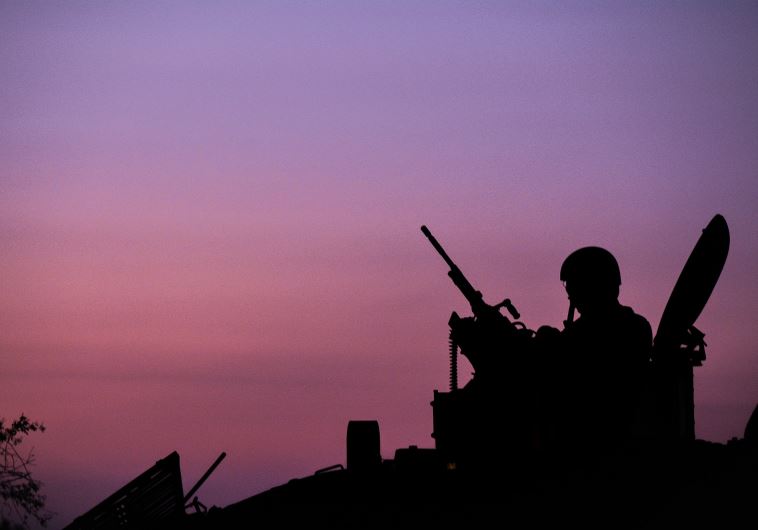Analysis: The Gaza conflict report and the paradox of Israel's wars
Some of Israel's wars that were found to have the most failures and flaws delivered the best long-term results.
 IDF soldiers take part in Operation Protective Edge(photo credit: IDF SPOKESPERSON'S UNIT)Updated:
IDF soldiers take part in Operation Protective Edge(photo credit: IDF SPOKESPERSON'S UNIT)Updated: